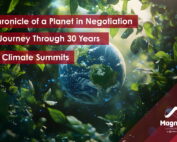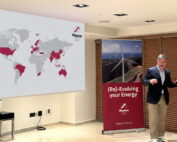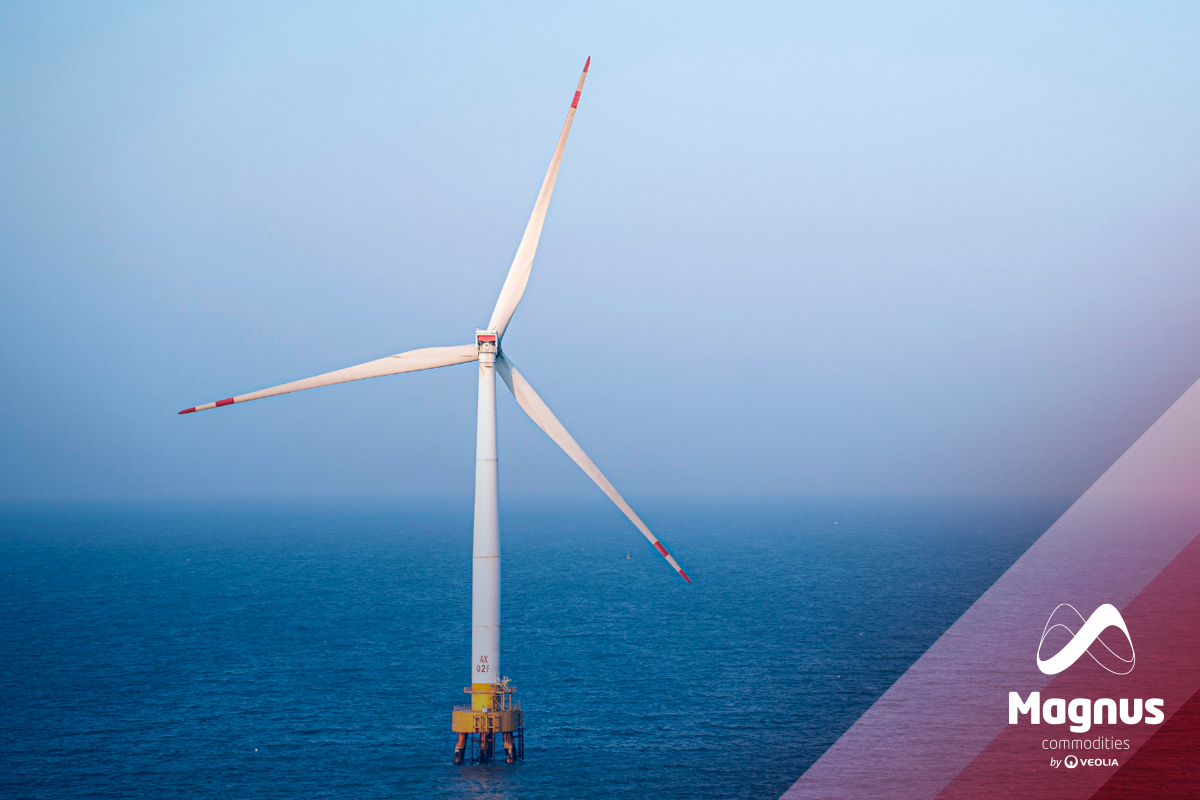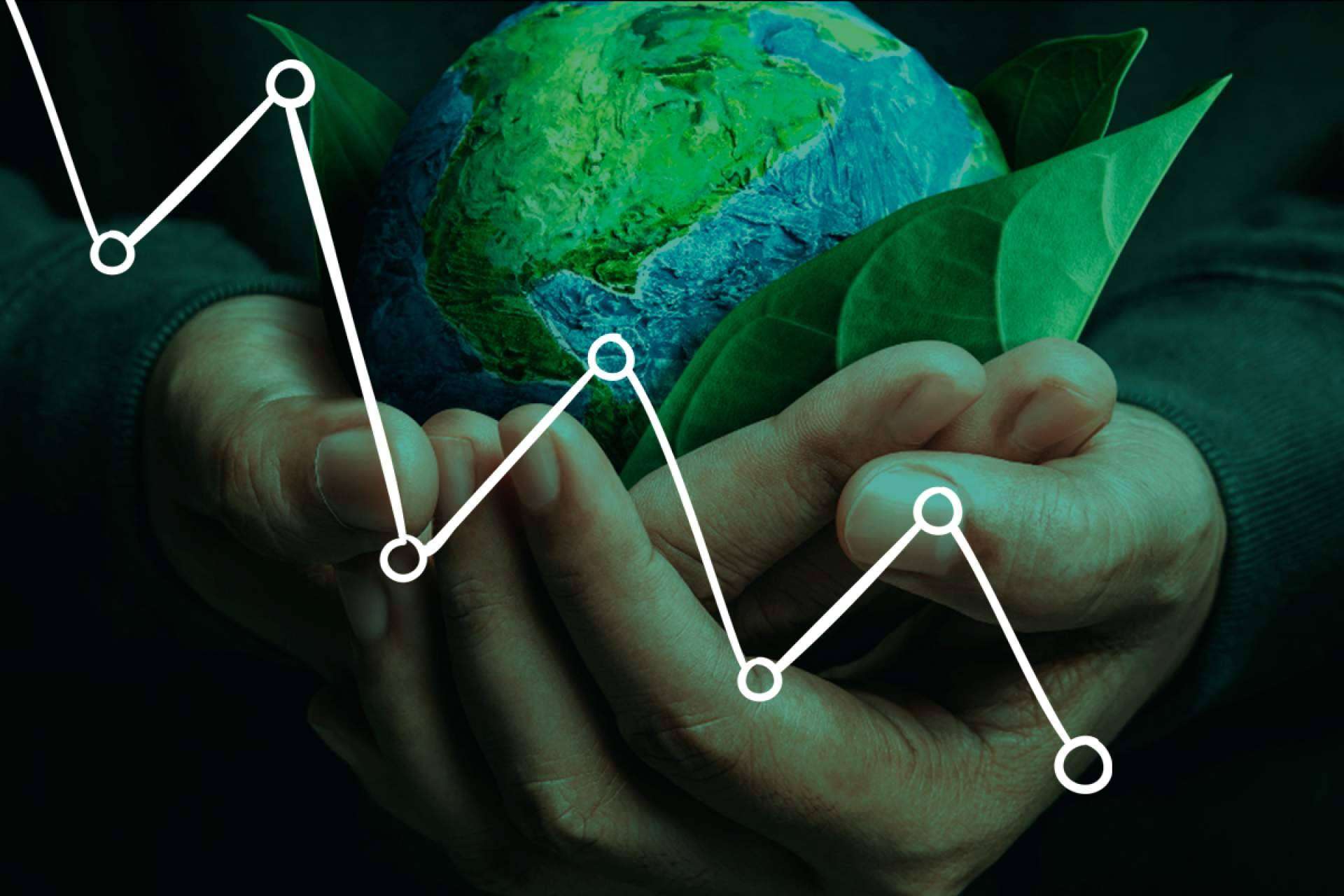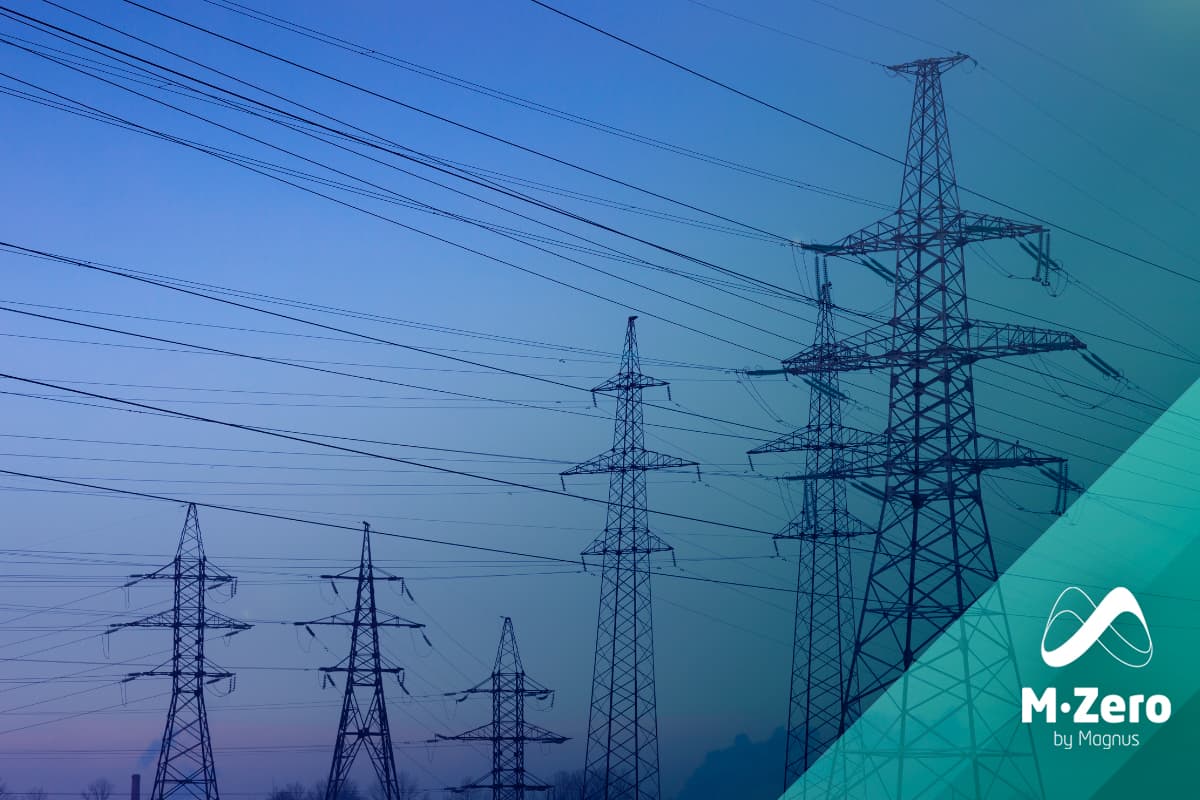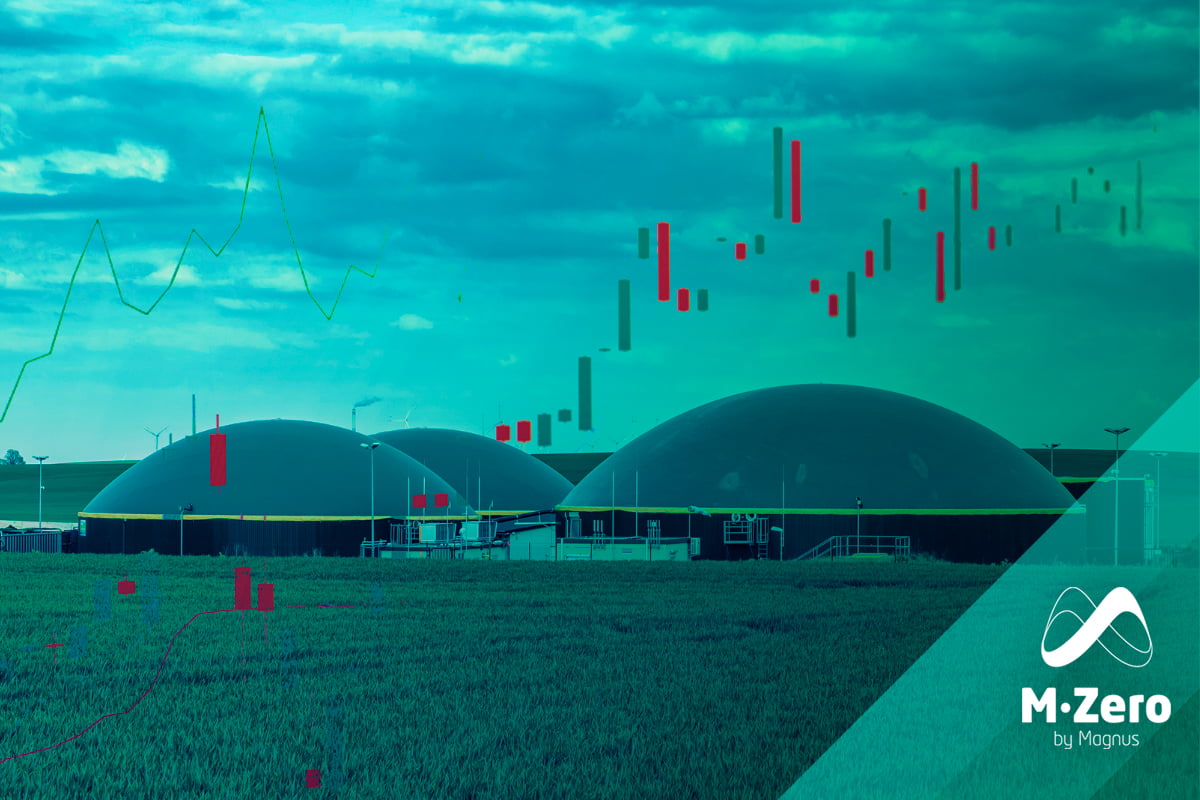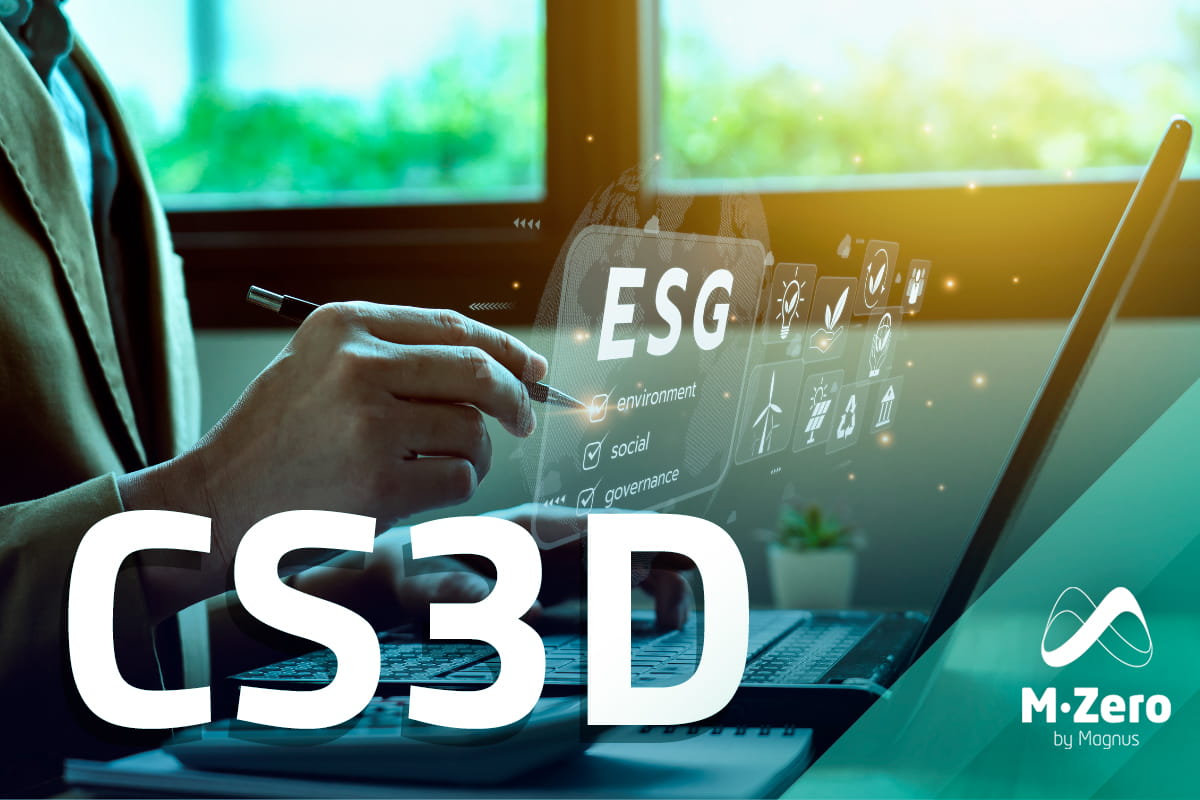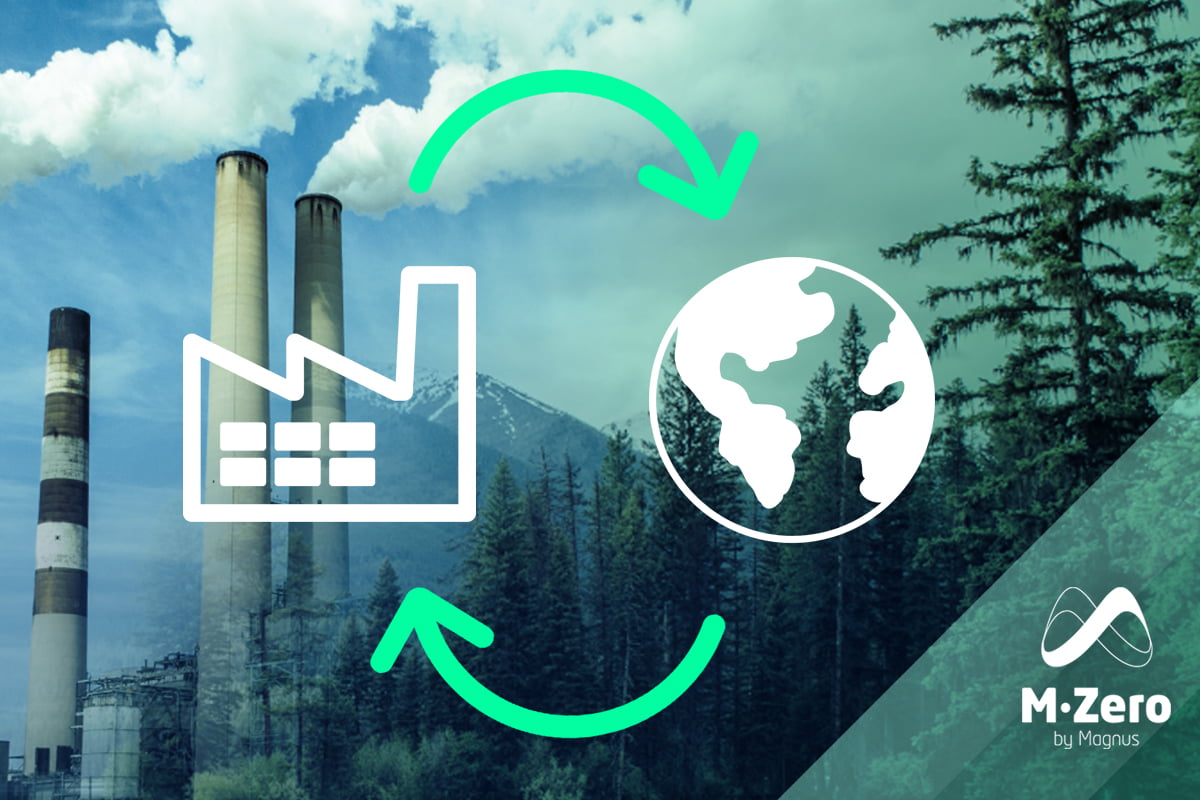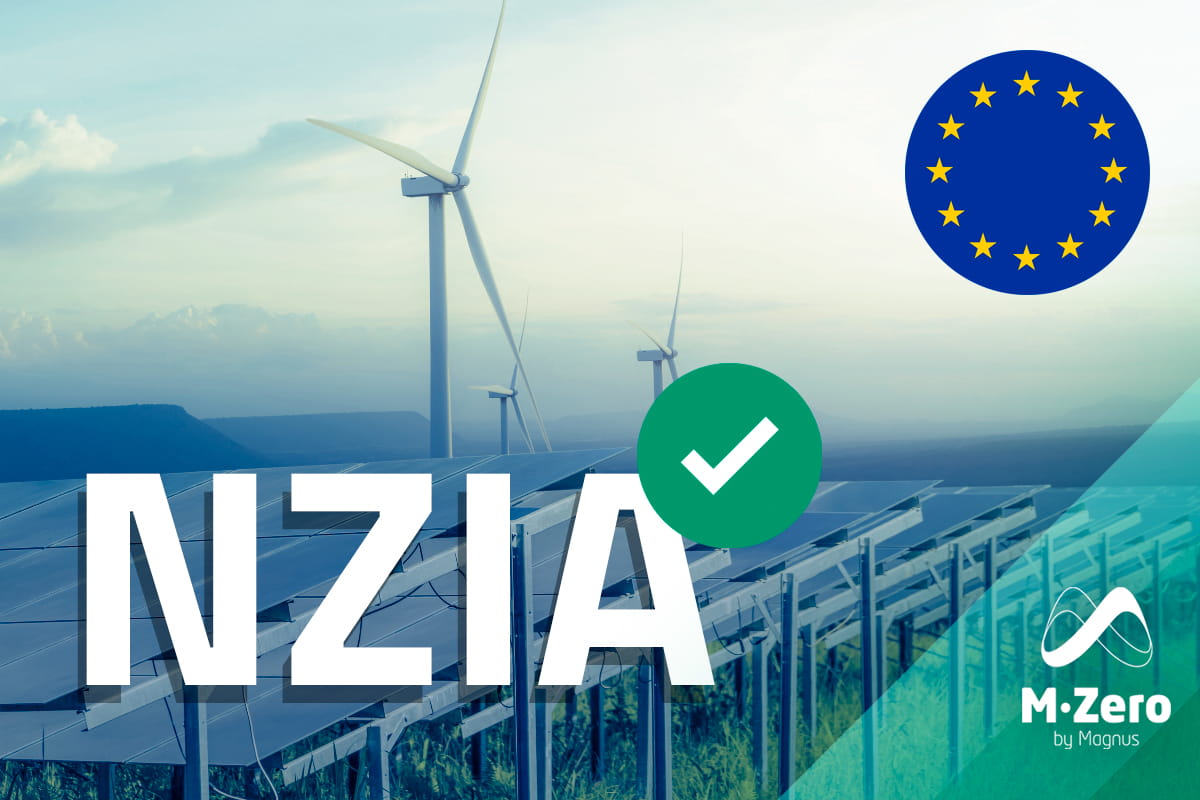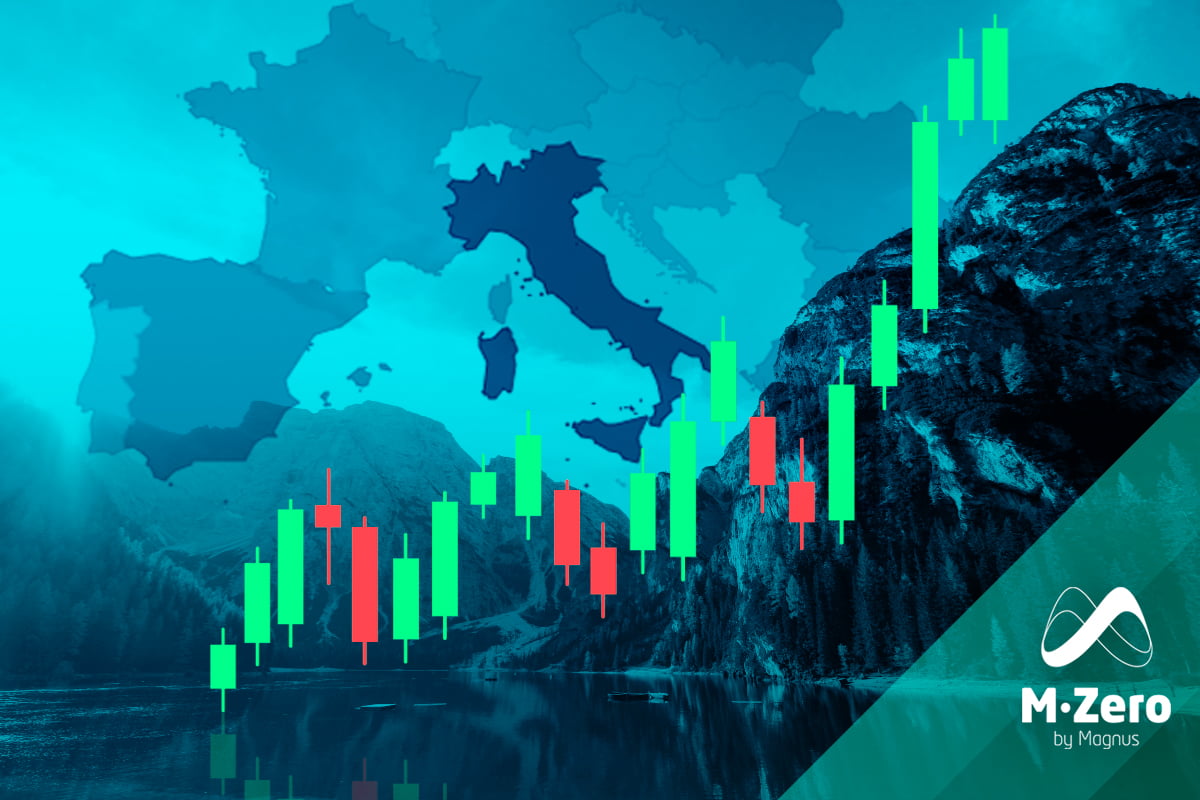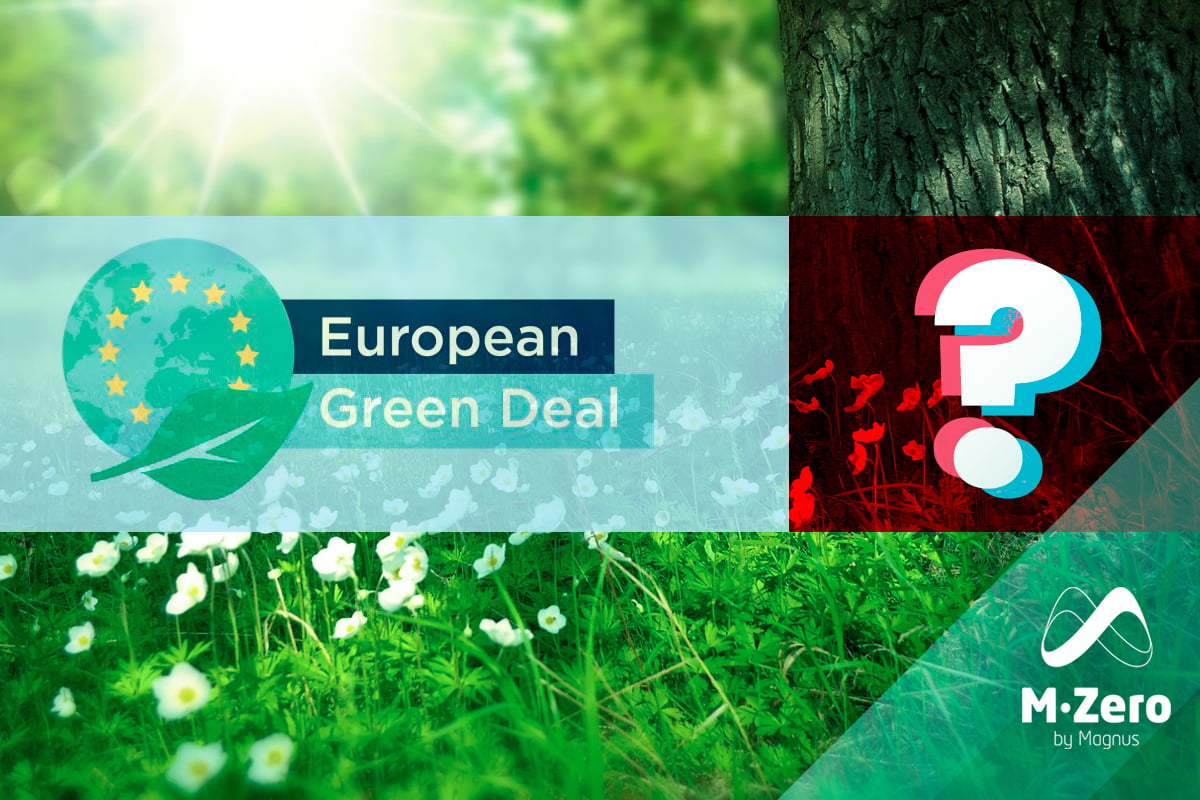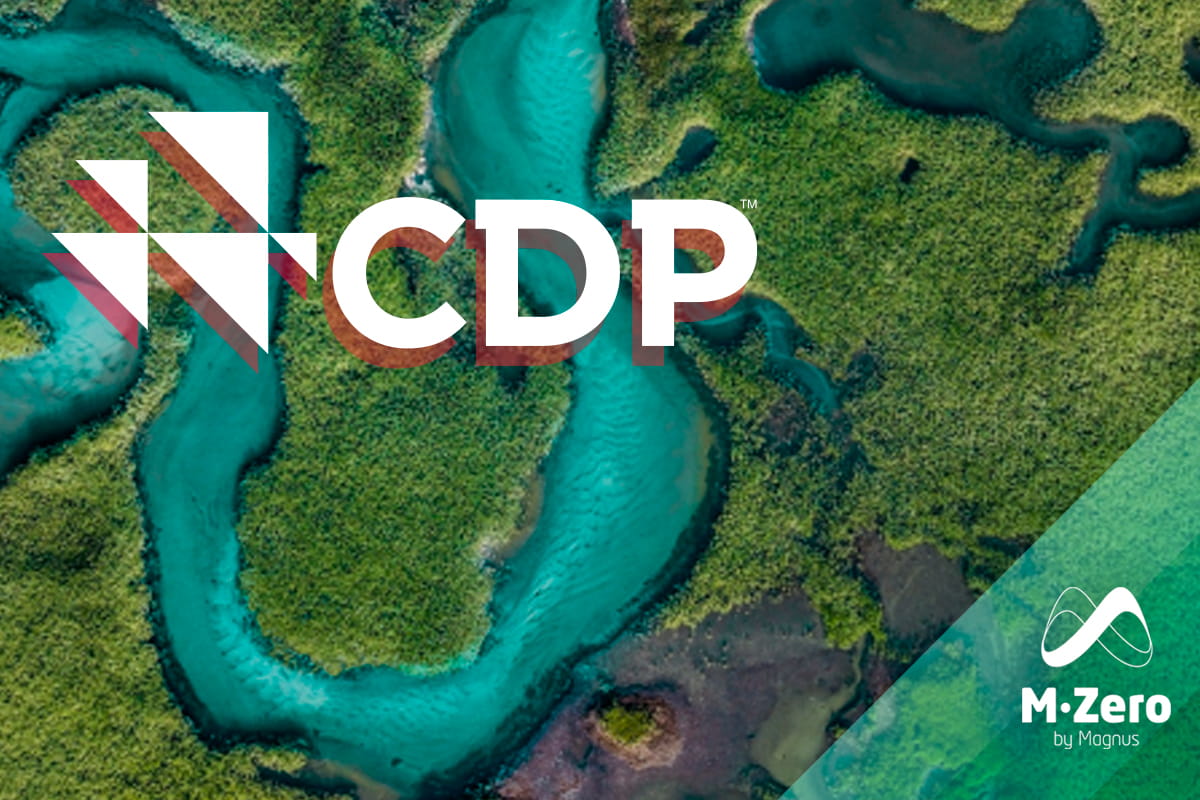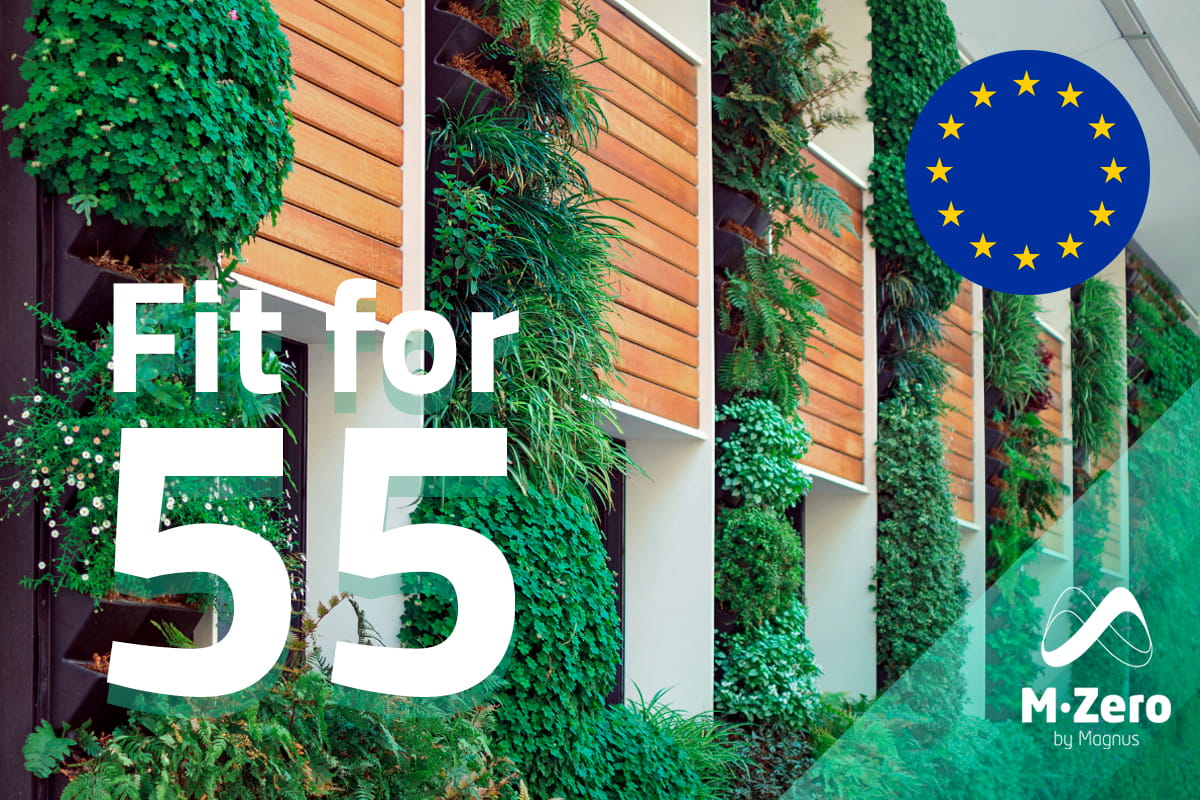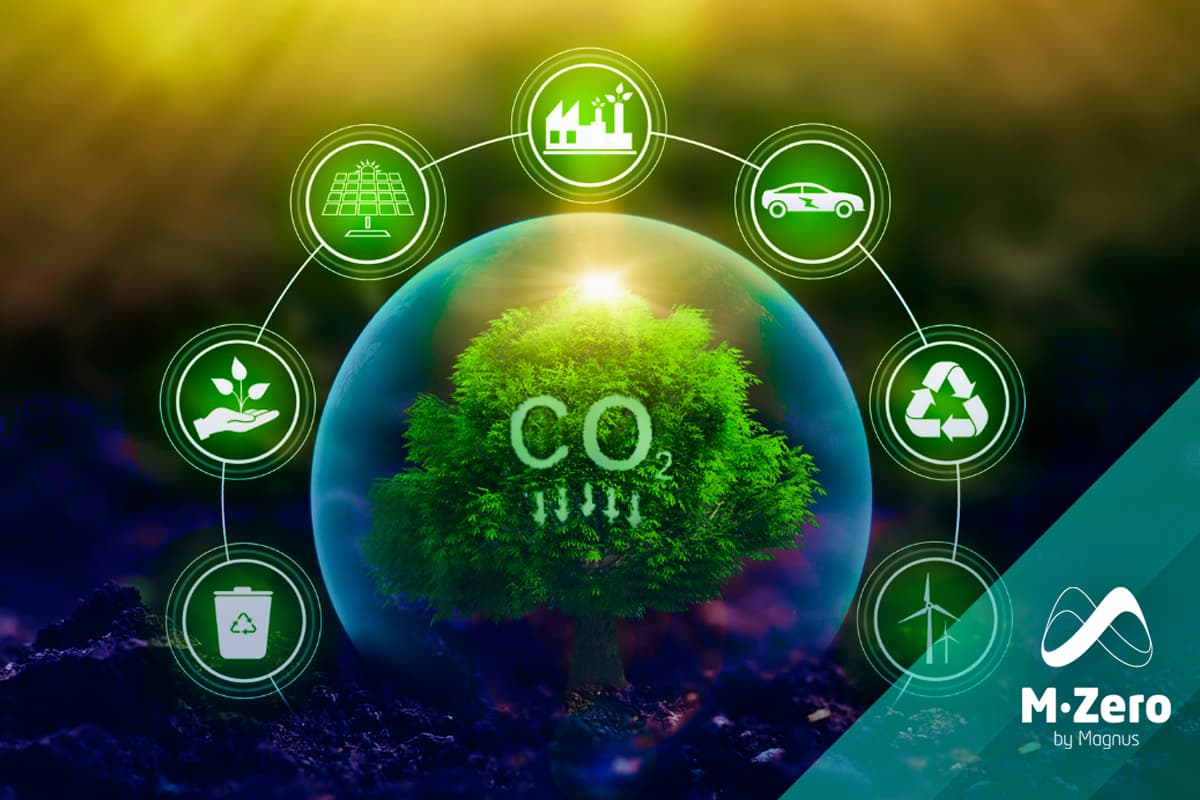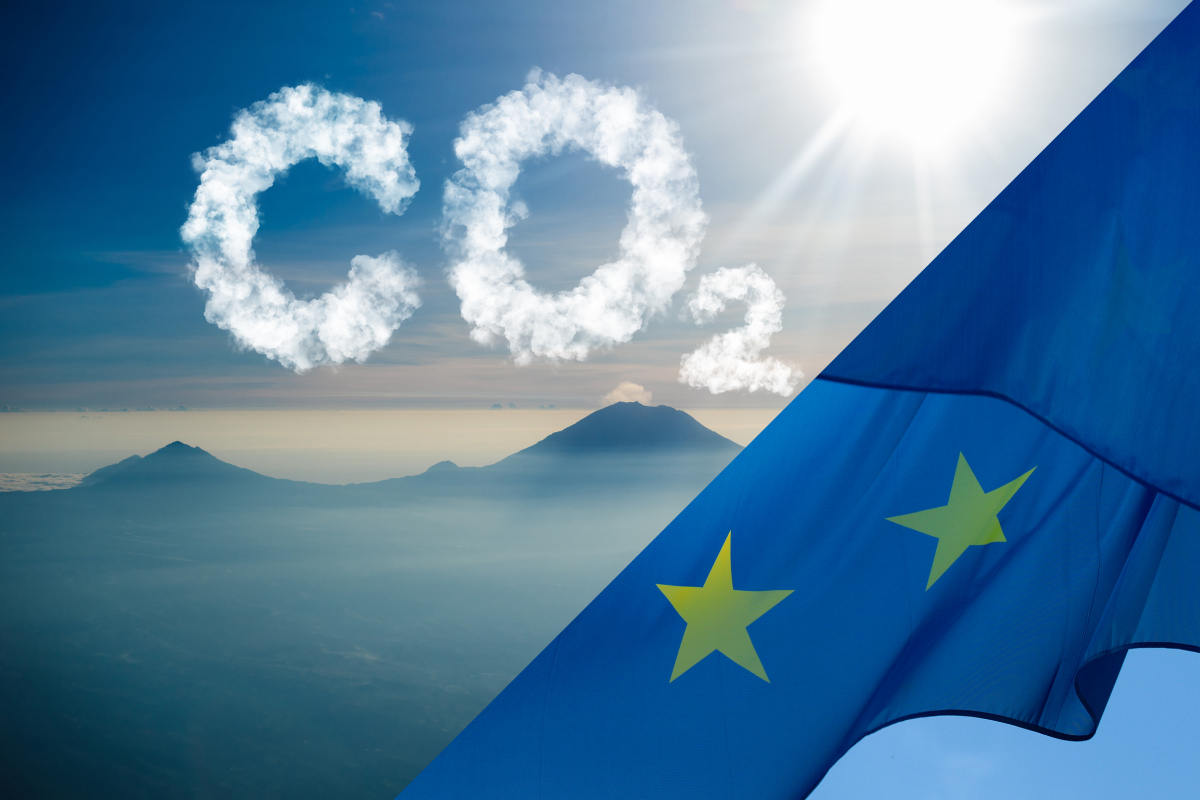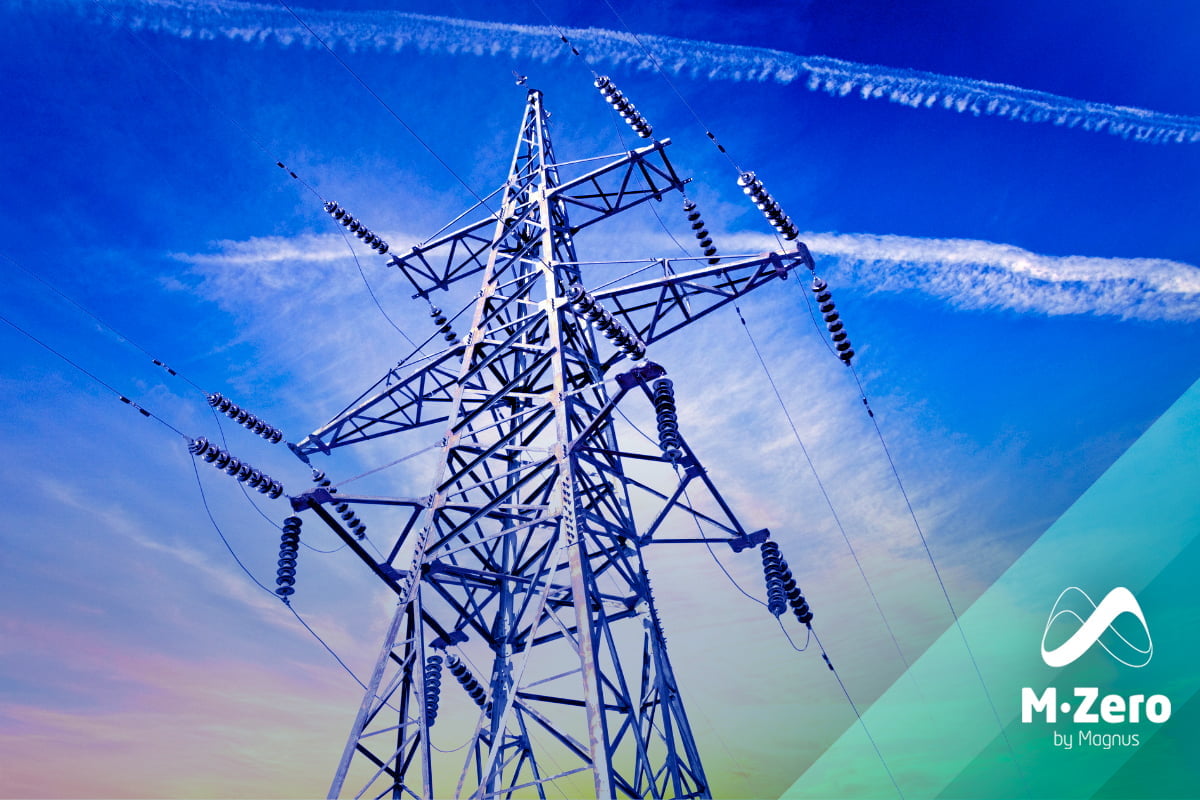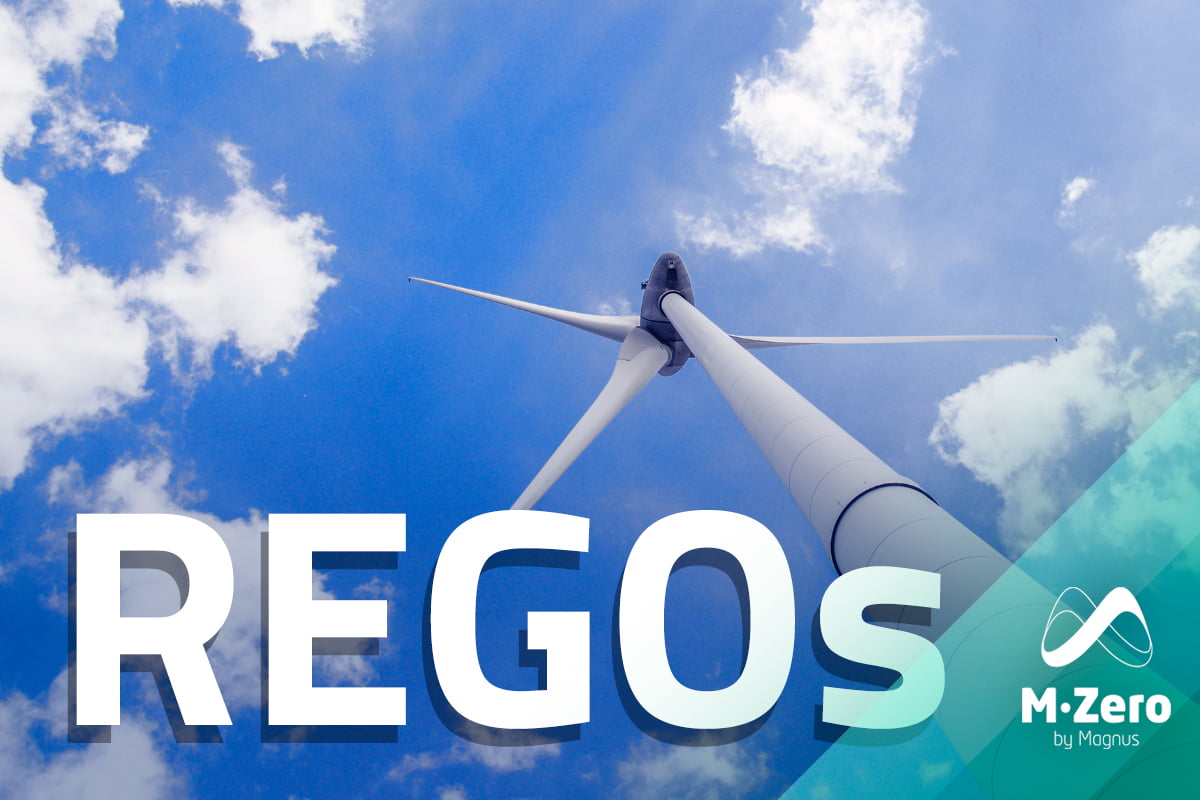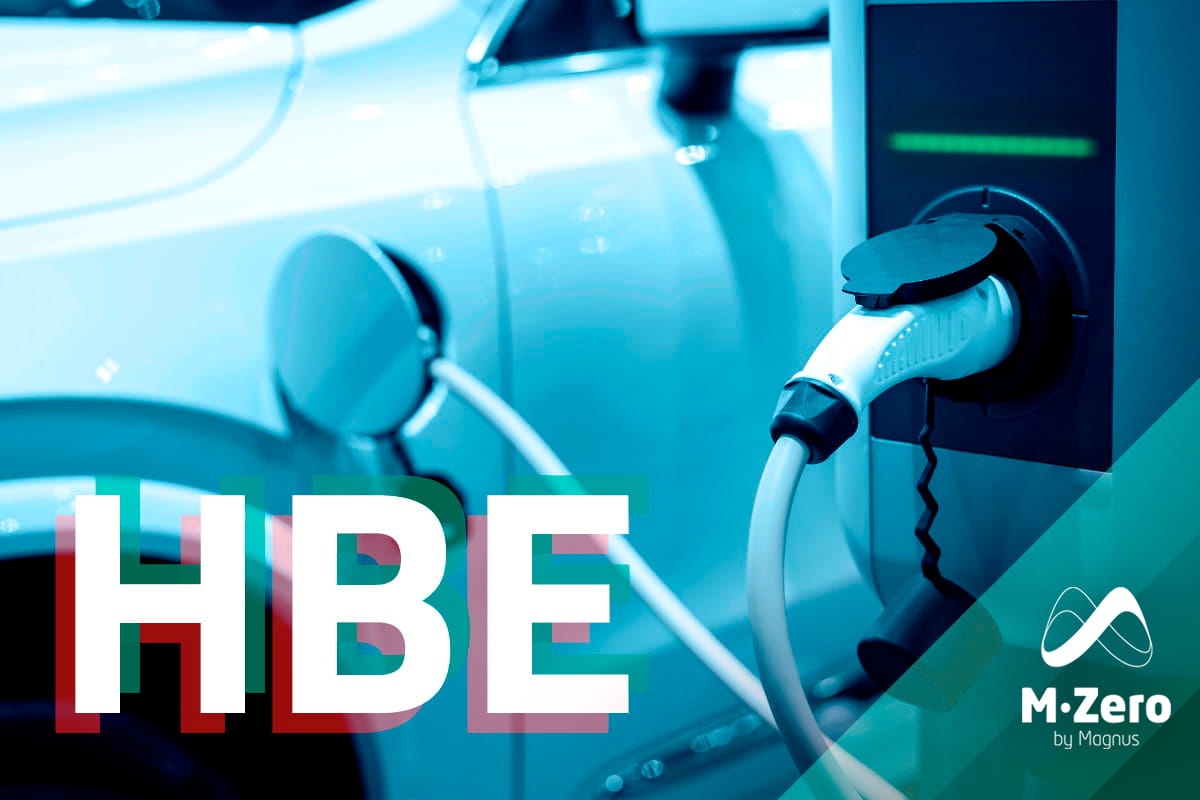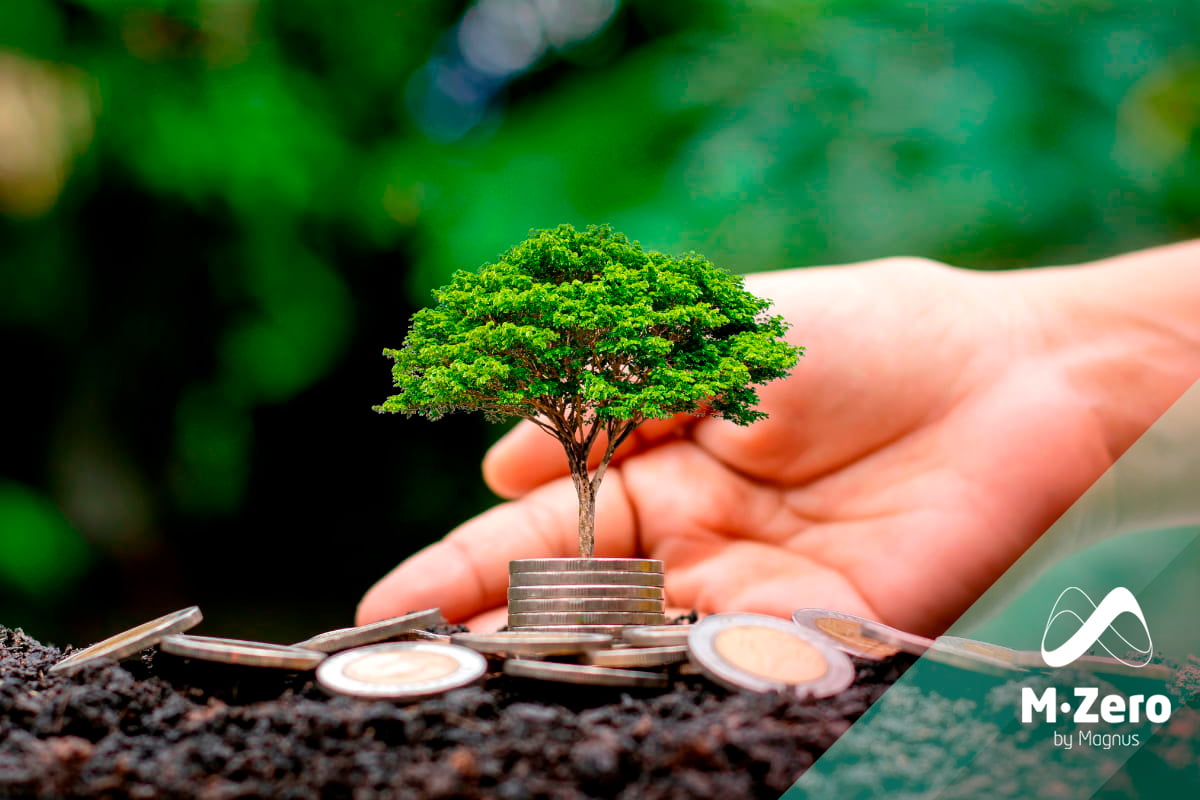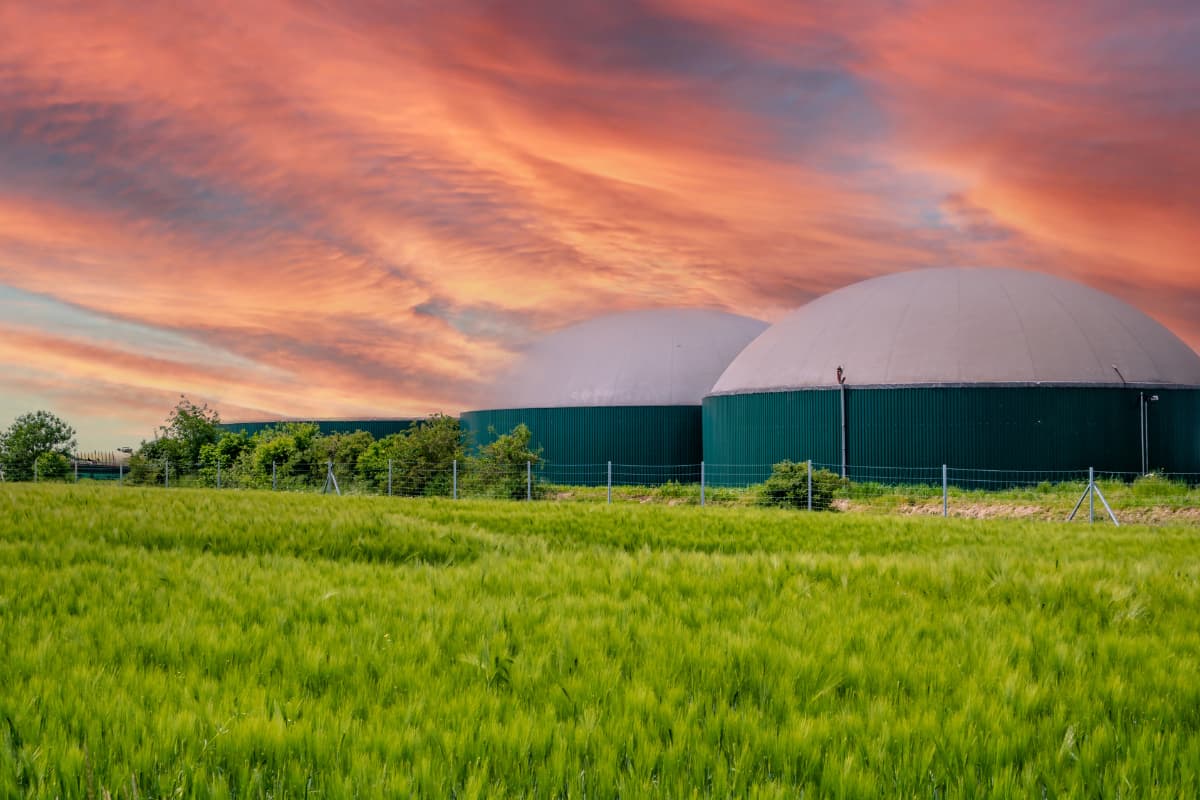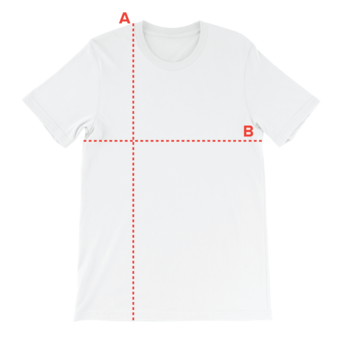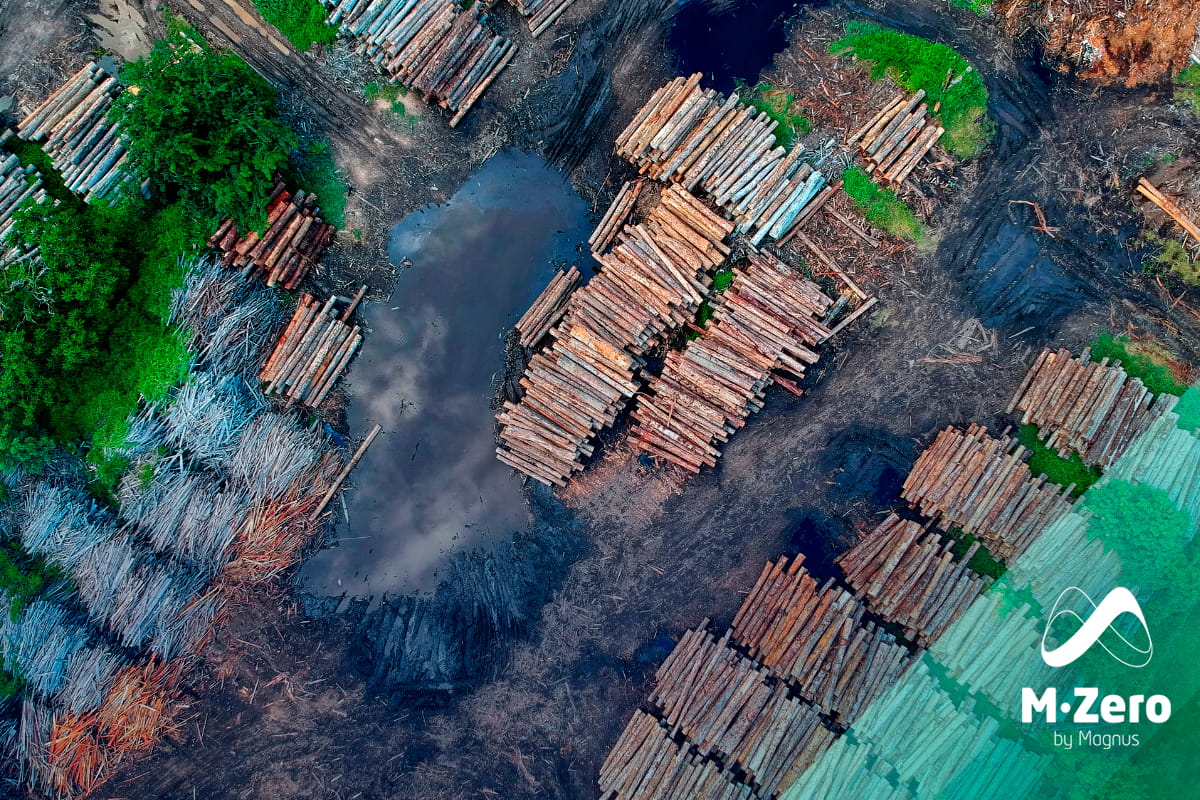
Deforestation, one of the main contributors to global emissions, is closely related to corporate Scope 3 emissions. Here’s why.
In recent decades, it has been detected that our planet’s forests are increasingly threatened by deforestation, illegal logging, the expansion of agriculture and livestock farming, and the expansion of urban and industrial areas.
On the other hand, the European Union alone is responsible for importing products that account for approximately 13-16% of the deforestation associated with global trade, which translates into 203,000 hectares of forests cleared and 116 million tons of CO₂ released into the atmosphere.
In this climatic context, the European Union has adopted new legislation to curb this major threat caused mainly by the consumption of products associated with deforestation.
This legislation is the European Deforestation Regulation (EUDR). The directive, launched in June 2023, replaces and extends the scope of the European Timber Regulation (EUTR), which was specific to timber. The scope of the directive is very broad and applies to a number of key products directly associated with deforestation such as: cattle, cocoa, coffee, palm oil, rubber, soybeans and timber, as well as many derived products listed in the annex to the regulation (e.g. meat products, leather, chocolate, coffee, palm nuts, palm oil derivatives, glycerol, natural rubber products, soybeans, soybean meal and oil, fuelwood, wood products, pulp and paper, printed books).
What are the purposes of the EUDR?
This regulation, which will change the rules of the game, aims to:
- Minimize the Union’s contribution to deforestation and forest degradation worldwide.
- Reduce the EU’s contribution to greenhouse gas emissions and global biodiversity loss.
- Address deforestation as well as forest degradation driven by agricultural expansion to produce the products regulated by the legislation.
Mandatory due diligence
Before being allowed to distribute to the European market or export the products concerned, the EUDR requires operators to exercise due diligence, which must include information on the traceability of the product in accordance with the relevant legislation of the country of production concerning the legal status of the area of production in terms of: land use rights; environmental protection; forest-related rules, directly related to wood harvesting; third parties’ rights; labour rights; human rights; the principle of free, prior and informed consent; and tax, anti-corruption, trade, and customs regulations.
Who is affected by EUDR?
The EUDR applies to anyone who trades within the European Union in the products listed above, either as a market operator, who places the product on the market for the first time, or as a trader, who contributes to the distribution of the product.
The EUDR was formally adopted and came into effect on 29 June 2023. Companies will have 18 months, until 30 December 2024, to be compliant, and be able to prove that these products do not originate from recently deforested land or contribute to forest degradation.
For micro or small businesses, the Regulation will apply from 30 June 2025.
EURD and Scope 3
The EUDR marks a milestone as the first of its kind, as it not only focuses on the legality of products, but also addresses the crucial issue of sustainability.
By establishing a supply chain tracking system, the EUDR improves transparency and traceability in the production and marketing of these products, which in turn contributes to achieving net zero emissions, mainly Scope 3 emissions.
Thus, deforestation, a major contributor to global greenhouse gas emissions, is closely linked to Scope 3 emissions in the corporate world. And, as companies around the world strive to reach the goal of zero net carbon emissions, understanding the relationship between deforestation and the impact on their supply chain is crucial to reducing Scope 3 emissions and reaching the goal of “net-zero”.
If you found it interesting, please share it!
Recent Articles


